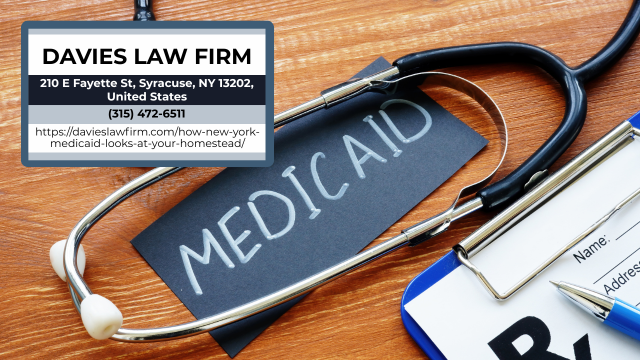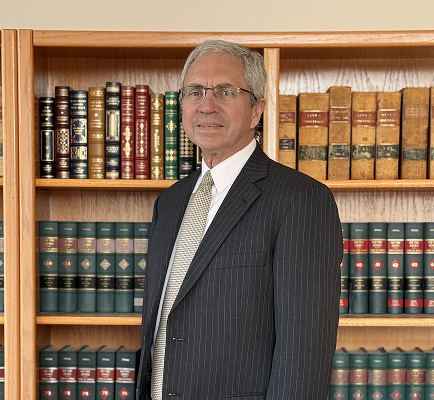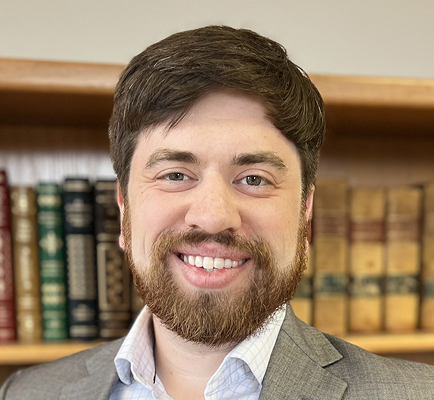The Medicaid Chronic Care program in New York has picked up an unfair reputation. Many families fear that the government will take everything if a loved one needs nursing home care. In reality, Medicaid does not automatically take your home or other assets. In some cases, the State may place a lien during a period of institutional care and may later seek recovery from the probate estate, but important protections exist for spouses and certain relatives.
Long-term care is expensive, and without a plan, families often spend down savings and may even feel forced to sell a home to keep up with nursing home bills. Careful planning changes that picture.
With the right strategy, you can qualify for Medicaid when needed while preserving hard-earned assets for loved ones. Tools like properly timed transfers, trusts that meet New York rules, spousal protections, and other lawful options can keep a roof over a spouse’s head and safeguard a legacy.
A skilled Central New York estate planning lawyer from Davies Law Firm can review your situation, explain your choices in plain language, prepare the documents, and guide the Medicaid application process from start to finish. To take the next step, schedule a telephone conference at (315) 472-6511.
Homestead
Medicaid in New York State treats your “homestead” as a very special asset. A homestead can be a house, condominium, cooperative apartment, or mobile home. If you follow the rules, your homestead may be considered an “exempt” asset and disregarded for Medicaid qualification purposes. Vacation homes, summer homes, and cabins do not qualify as homesteads.
- One Homestead Up To $1,097,000 (2025) in home equity. New York uses the federal maximum ‘substantial home equity’ limit for nursing-facility services and community-based long-term care; for 2025, that cap is $1,097,000. If a spouse, child under 21, or blind/disabled child lives in the home, the home-equity bar does not apply, and the residence can still be excluded for eligibility. You can sell and purchase a different primary residence, provided you remain within these rules.
- Caretaker Child: You may transfer your home without a transfer penalty to a son or daughter who lived in your home for at least 2 years immediately before you entered a facility and provided care that kept you out of a nursing home.
- Disabled Child: A transfer of the home to a blind or disabled child is exempt from transfer penalties under federal law.
- Sibling: A penalty-free transfer of the home is allowed only if a sibling has an equity interest in the home and lived there at least 1 year immediately before your institutionalization. This also protects against a pre-death lien while that sibling with equity continues to live there. If a sibling does not have an equity interest, their residence does not create a transfer exception or bar a lien.
- Life Estate: Buying a life-estate interest in another person’s home is treated as an uncompensated transfer unless (1) you actually reside in that home for at least one continuous year after purchase and (2) the price paid does not exceed the actuarial value of the life-estate interest. This federal DRA rule is applied in New York.

| Category | Rule/Condition | Details/Notes |
|---|---|---|
| Definition of Homestead | Primary residence such as a house, condo, co-op, or mobile home | Vacation homes, summer homes, and cabins do not qualify |
| Exemption Limit (2025) | Up to $1,097,000 in home equity | Federal maximum for “substantial home equity” applies; still exempt if spouse, minor, or disabled child lives there |
| Transfer to Caretaker Child | Allowed without penalty | Child must have lived in the home 2 years before institutionalization and provided care preventing nursing home admission |
| Transfer to Disabled Child | Allowed without penalty | Applies under federal law for blind or disabled children |
| Transfer to Sibling | Allowed only with conditions | Sibling must have equity interest and have lived there 1 year prior to institutionalization; protects against pre-death liens |
| Life Estate Purchase | May trigger uncompensated transfer unless certain rules are met | Must reside in the home for 1 year after purchase and price cannot exceed actuarial value of life estate |
2025 Homestead Exemption & Resource Limits
Here is what ‘homestead’ means for New York Medicaid in 2025. Your primary home is usually not counted if your equity is at or below $1,097,000 and you live there or have an ‘intent to return’ on file, or if a spouse, minor child, or blind/disabled child lives there. New York’s Medicaid Reference Guide treats an expressed intent to return as keeping the home exempt, even if returning is unlikely. If you move to a facility and do not expect to return, the state can place a lien, and after death, it may seek recovery from your probate estate unless a protected relative still lives in the home. In short, keep equity within the cap and keep a protected resident or an intent-to-return on file.
For resources, 2025 limits are tight but workable. For Community Medicaid, you can hold up to $32,396 in countable assets as a single applicant; couples applying together may have $43,781. Monthly income for home care is $1,800 plus a $20 disregard, and if you later enter a nursing home, only a $50 personal-needs allowance is kept, with the rest going to care. If you are married and only you apply, your spouse at home can keep at least $74,820 in assets (New York’s minimum CSRA) and, depending on circumstances, up to $157,920 (maximum CSRA), plus a community spouse income allowance that can go up to $3,948 per month (maximum MMMNA; the minimum MMMNA is $2,643.75 effective July 1, 2025). These figures shift yearly, so use them as a 2025 snapshot.
A Central New York estate planning attorney can help you confirm your home’s equity and who lives in it, document your intent to return if needed, and map out your assets so you meet the limits without losing practical access to funds. That often means titling decisions, timing gifts carefully, and using tools like pooled income trusts for any monthly overage when you receive care at home.
Central New York Estate Planning Lawyers – Davies Law Firm

Frederick P. Davies
Frederick P. Davies leads Davies Law Firm with a practice dedicated to helping families in Central New York organize, preserve, and transfer wealth with clarity. His courtroom background as a Judge Advocate and decades devoted to trusts and elder law inform a practical, service-oriented approach to each plan.
- Began estate planning practice while stationed at Naval Base San Francisco; later returned to Central NY and launched the firm in 1993.
- Taught and spoke regionally for civic, faith, labor, and retiree groups on living trusts, Medicaid, and tax-efficient strategies.
- Active in the ABA, NYSBA sections on Trusts & Estates and Elder Law, and the Estate Planning Council of Central New York.

William P. Davies
William P. Davies brings advanced technical training in estate and tax design to the firm’s multigenerational clients, pairing scholarly insight with practical solutions for capacity, surrogate decision-making, and efficient administration across jurisdictions.
- Heckerling LL.M. in Estate Planning; admitted in both Florida and New York to address snowbird and multistate planning needs.
- Experience includes federal judicial internship, academic mentoring roles, and leadership in regional estate-planning organizations.
- Regular contributor and co-author on New York Power of Attorney commentary and a frequent presenter for legal and professional audiences.
Keeping Your Homestead Protected Under New York Medicaid
Medicaid planning is a vital part of a complete estate plan. The homestead rules are only one piece of New York’s Chronic Care Medicaid program for those who need skilled nursing home care. To learn more about estate planning and how to legally and honestly arrange your estate to qualify for the government to pay for your nursing home, we encourage you to attend one of our free seminars. It will be time well spent.
Our skilled Central New York Estate Planning Lawyers from Davies Law Firm can review your goals, explain your options for qualifying for benefits, coordinate the right legal tools, and outline the next steps that fit your family’s situation.
Before taking any action involving your homestead or any other Medicaid or estate planning matter, please contact our office or speak with an attorney who has the knowledge and experience to provide sound legal advice. To get started, schedule a telephone conference today at (315) 472-6511.


